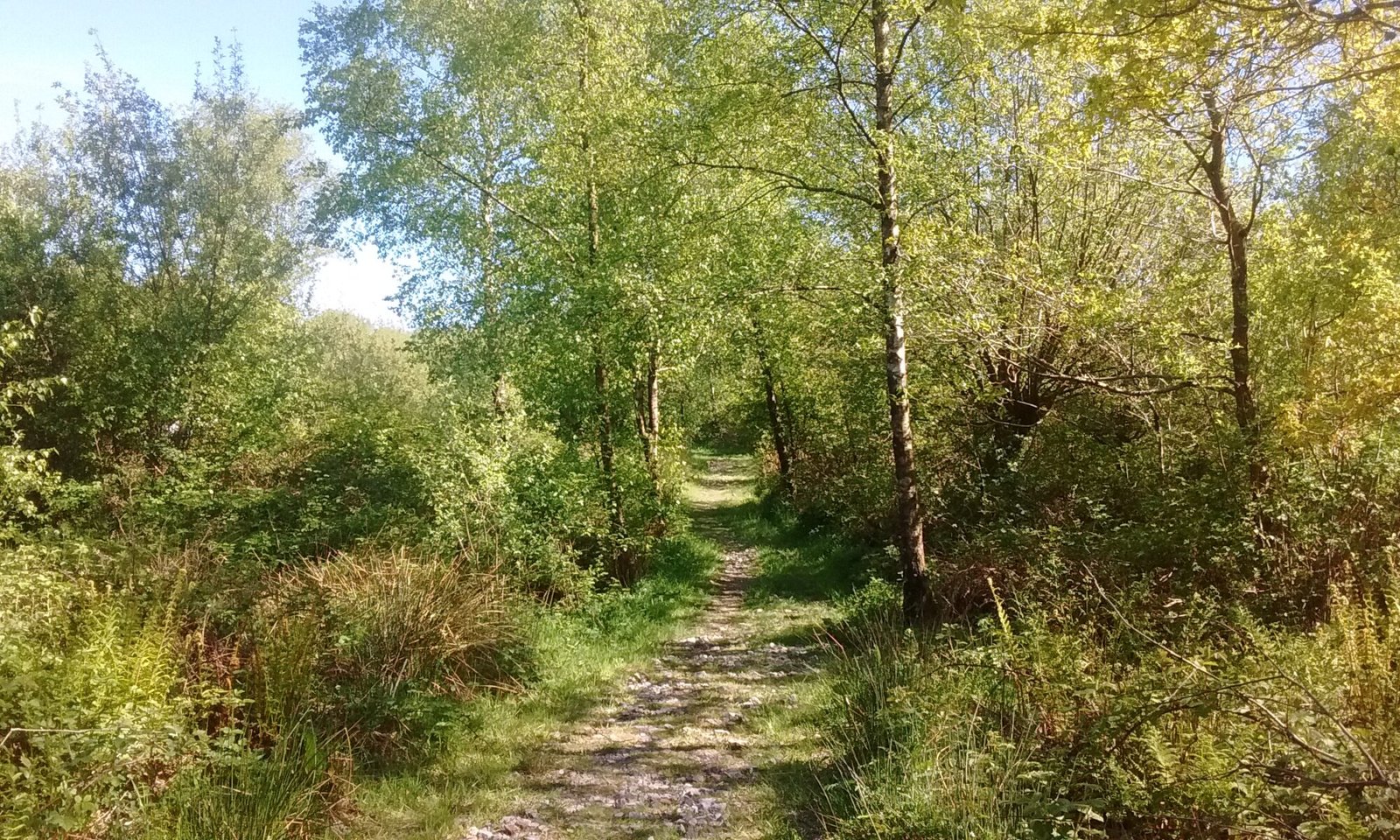More and more ecological work is being funded by offsetting. Planning applications require what is known as Biodiversity Net Gain or BNG. The idea of this is that any biodiversity lost in carrying out a development is compensated by a greater increase of biodiversity elsewhere. The Natural Capital Markets approach and Carbon Credits are based on the idea that by allocating a market value to carbon or biodiversity, the free market will resolve our environmental issues. At Bulworthy Project, we are not keen on this approach.

There are numerous planning cases where BNG has been implemented, that still result in a massive net loss of biodiversity. If person A is destroying biodiversity and paying person B to offset it, Person A has an interest in minimising the loss of biodiversity accounted for and person B has an interest in maximising the amount of biodiversity gain accounted for. In setting up the scheme, the government (local and national) are balancing biodiversity, economic growth, new houses and a number of other factors. Biodiversity does not have the powerful lobby groups that house builders and industry have. Replacing biodiversity is problematic to say the least. If you grub out a 400 year old hedgerow which has built up a web of mycelium and lichen, has been a nesting spot for generations of birds, has adders hibernating and contains a number of ancient woodland indicators, you cannot replace that, with any amount of environmental work elsewhere. Replacing it with twice the length of new hedgerow, which will take 400 years to become as species rich, is little more than greenwashing.
Carbon Credits make issues of financial inequality into environmental issues. The idea that you can absolve environmental sins by paying money into a fund is very convenient for people and organisations that have a lot of money and a high level of environmental sins. Theoretically, if you have to pay to pollute, you have a financial incentive to pollute less. If you take the oil industry as an example, adding 10% of its turnover to its costs is unlikely to do much to reduce its environmental impact. If it put 10% of the oil industries turnover into offsetting, it would be enough to pay every farmer in the UK to stop farming and leave their land to be rewilded. If this was repeated worldwide, we would have fantastic outcomes in relation to biodiversity, but most people would starve to death. It would also not truly make up for the carbon released by the oil industry. If you were to add a £1,000 charge to every ton of carbon emitted, the super-rich wouldn’t reduce their carbon footprint at all and wouldn’t notice the cost. For the average person on the street, this would make heating and cooking unaffordable. The ultimate outcome of Carbon Credits is that the rich are free to pollute, whilst the poor freeze or starve.
We won’t play any part in these schemes. At worst, they encourage polluters to continue polluting. At best, they only mitigate some of the damage. We only take on work where there are positive environmental outcomes. We have limited time, due to a limited amount of hours in the day and our own mortality. Our aim is to create as much environmental gain as possible in our short lives. As such, the last thing we need is to have someone else offsetting our environmental gain, with environmental loss elsewhere. If you’re looking for someone to help you to manage your land and you want it to be paid for with offsetting of some sort or another, we are not the people to do that.

